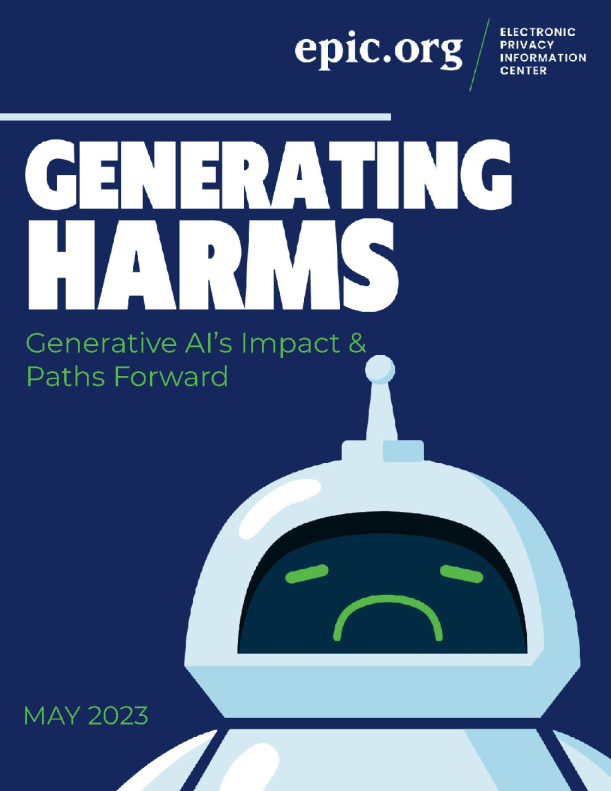ChatWTO:生成式人工智能与国际贸易分析
 AI智能总结
AI智能总结ChatWTO: An Analysis of Generative Artificial Intelligence and International Trade
Executive Summary
The rapid advancements in generative artificial intelligence (GAI) have led to unprecedented developments and widespread adoption, particularly through the utilization of large language models (LLMs). The deployment of AI, especially GAI, necessitates international dialogue to address ethical and political challenges in trade policy. National efforts to implement shared values, ethical guidelines, and safety measures have been initiated, yet the fragmented nature of these regulations across different jurisdictions is causing cross-border trade friction and undermining governmental objectives.
Introduction
The introduction of generative AI, exemplified by Open AI's ChatGPT, highlights the shift towards advanced AI capabilities. GAI, a subset of AI focusing on generating new content, operates through "guessing" the next word based on extensive training data, often requiring significant computational resources. The global spread of GAI raises ethical concerns, particularly regarding intellectual property rights, privacy, and cybersecurity, as evidenced by issues like the unauthorized use of trademarks and national security breaches due to cross-border data transfers.
Overview of Global Governance Efforts
International organizations like the World Trade Organization (WTO), alongside bodies such as the Organisation for Economic Co-operation and Development (OECD), the United Nations Educational, Scientific and Cultural Organization (UNESCO), and the Group of Seven (G7), are actively developing principles and regulations to manage GAI's risks. These efforts aim to balance innovation with public safety, privacy, and ethical considerations. However, the unique challenges posed by GAI necessitate tailored approaches within existing international trade frameworks.
Urgent Work Needed on Trade Policy and GAI
GAI's cross-border nature underscores the necessity of applying international trade rules effectively. The WTO and other trade bodies should leverage existing frameworks to address GAI's distinct characteristics, facilitating discussions on its impact on trade. Transparency and the prevention of bias are crucial for building trust in GAI, highlighting the need for clear guidelines and international cooperation. Additionally, the impact of GAI on employment and the environment presents critical considerations, given the potential for job displacement and substantial energy demands.
Recommendations
To mitigate these challenges, recommendations include:
- Educational Initiatives: Organizing sessions to educate WTO members on GAI, its benefits, and risks.
- Legislative Transparency: Encouraging members to share their GAI legislation for broader understanding and alignment.
- Review and Adaptation: Assessing current trade rules for GAI applicability, identifying gaps, and developing new guidelines as necessary.
- Bias and Fairness: Establishing standards to tackle bias in GAI, ensuring equitable and responsible use.
- Collaborative Development: Working with international bodies to create coherent guidelines that promote safe and secure GAI use.
Conclusion
Establishing common ground rules at the WTO is essential for ensuring that GAI is developed and utilized in a fair and safe manner that benefits individuals and communities globally. Addressing the challenges posed by GAI requires a coordinated international response that balances innovation with ethical responsibility and regulatory compliance.
Implications for Global Trade
The integration of GAI into global trade systems necessitates careful consideration of its impact on intellectual property, privacy, cybersecurity, and ethical standards. The role of the WTO and other international bodies becomes pivotal in harmonizing regulations and facilitating global dialogue on AI governance, ensuring that technological advancements benefit the global economy without compromising safety and ethical principles.





